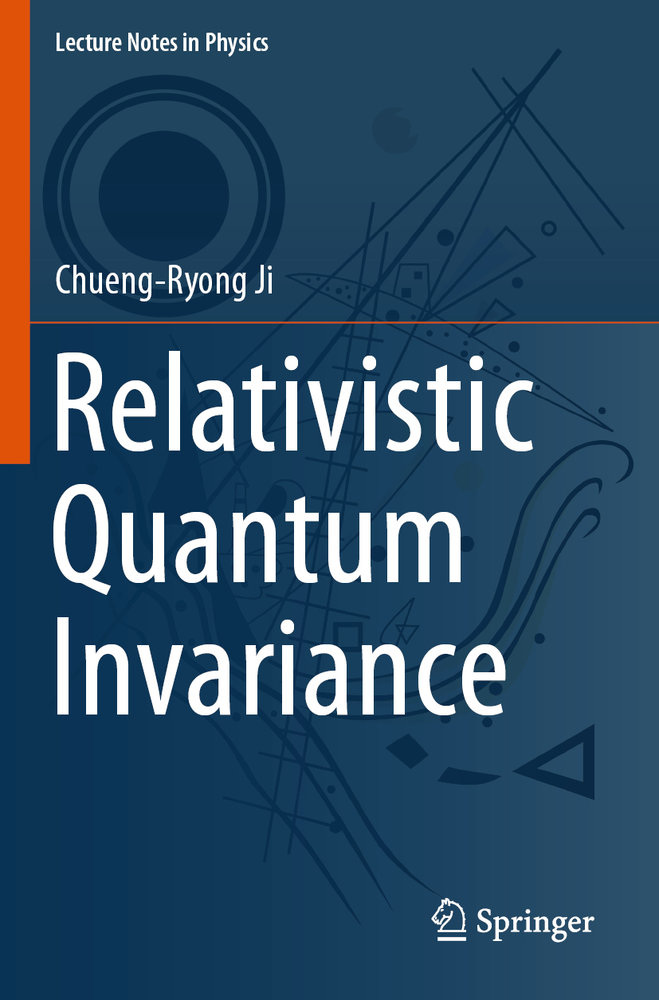This book describes the invariant nature of the relativistic quantum field theories utilizing the idea of interpolating the instant form dynamics and the light-front dynamics. While the light-front dynamics (LFD) based on the light-front time was proposed by Dirac in 1949, there has not yet been a salient review on the connection between the LFD and the instant form dynamics (IFD) based on the ordinary time. By reviewing the connection between LFD and IFD using the idea of interpolating the two different forms of the relativistic dynamics, one can learn the distinguished features of each form and how one may utilize those distinguished features in solving the complicated relativistic quantum field theoretic problems more effectively. With the ongoing 12-GeV Jefferson Lab experiments, the internal structures of the nucleon and nuclei are vigorously investigated in particular using the physical observables defined in the LFD rather than in the IFD. This book offers a clear demonstration on why and how the LFD is more advantageous than the IFD for the study of hadron physics, illustrating the differences and similarities between these two distinguished forms of the dynamics. It aims at presenting the basic first-hand knowledge of the relativistic quantum field theories, describing why and how the different forms of dynamics (e.g., IFD and LFD) can emerge in them, connecting the IFD and the LFD using the idea of the interpolation, and demonstrating explicit examples of the interpolation in quantum electrodynamics and other field theories. While the level of presentation is planned mainly for the advanced undergraduate students and the beginning graduate students, the topics of the interpolation between the IFD and the LFD are innovative enough for even the experts in the field to appreciate its usefulness.


